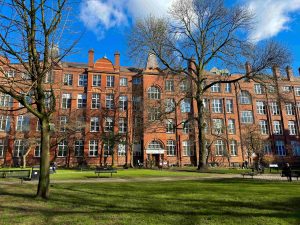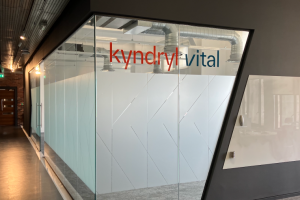Medical tourism firm relaunches

OPERATIONS Abroad Worldwide – the UK’s first medical tourism company which was established in 2001 – has been relaunched by the daughter of the original founder.
Ruth Taylor has taken over the reins of the business which was set up by her late father Kenneth, a Manchester accountant who had noticed the variations in medical costs between different countries while advising a travel business.
Operations Abroad, which is based in Portland Street, Manchester, was the first intermediary to send a patient overseas for a knee replacement and attracted widespread interest.
Business took off after TV crews followed one of its patient going for an operation in Greece, however it lost direction following Kenneth’s sudden death in 2003.
Ruth, who has re-established the business, has spent the past 12 months travelling in Europe and beyond, seeking out leading specialists and expanding the portfolio of clinics and hospitals.
Operations Abroad now provides access to 35 hospitals in 22 countries.
Prices can be up to 85% lower than in the UK.
Orthopaedic operations such as knee and hip replacements and dental procedures are the most popular, although it can offer all types of medical procedures including executive health checks.
Some of the hospitals offer highly specialist skills or treatments not available in the UK. For example, the portfolio includes a German hospital specialising in artificial disk replacement, a Barcelona clinic pioneering a new type of dental implants, and Dr Zoran Zgaljardic, who was nominated by peers as one of the world’s 100 best cosmetic surgeons.
Ruth said: “We provide a professional, comprehensive and caring service for people seeking surgery or medical treatment overseas.
“Patients may be looking to avoid NHS waiting lists, or they may want treatments such as dental implants which are unavailable on the NHS.
“For anyone seeking private treatment, we can provide access to some of the leading specialists in Europe and beyond, and usually at significantly lower rates than in the UK.
“We extend patients’ choice and can sometimes offer treatments or specialist skills not available in this country. We also use hospitals with no, or exceptionally low, risk of infection.”








